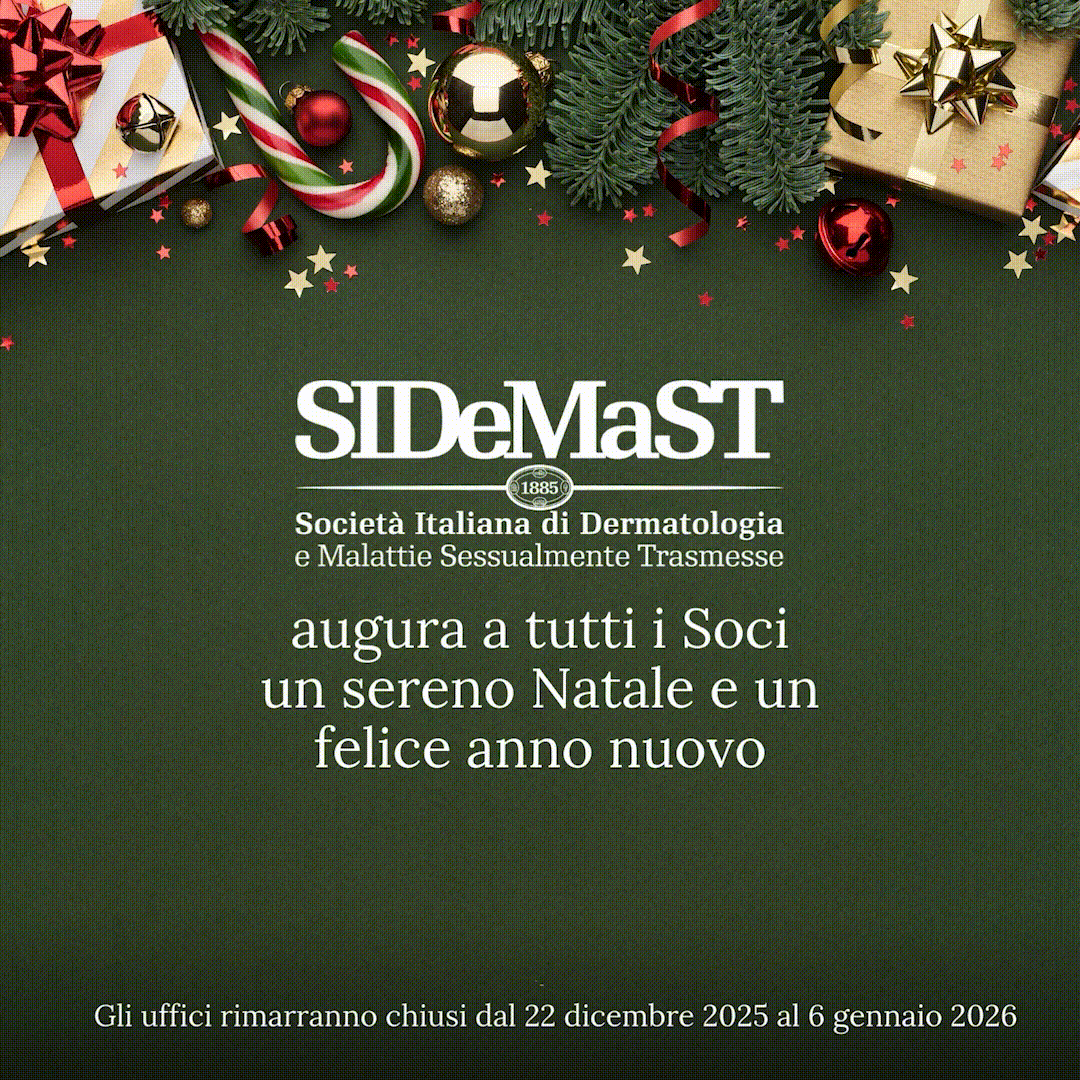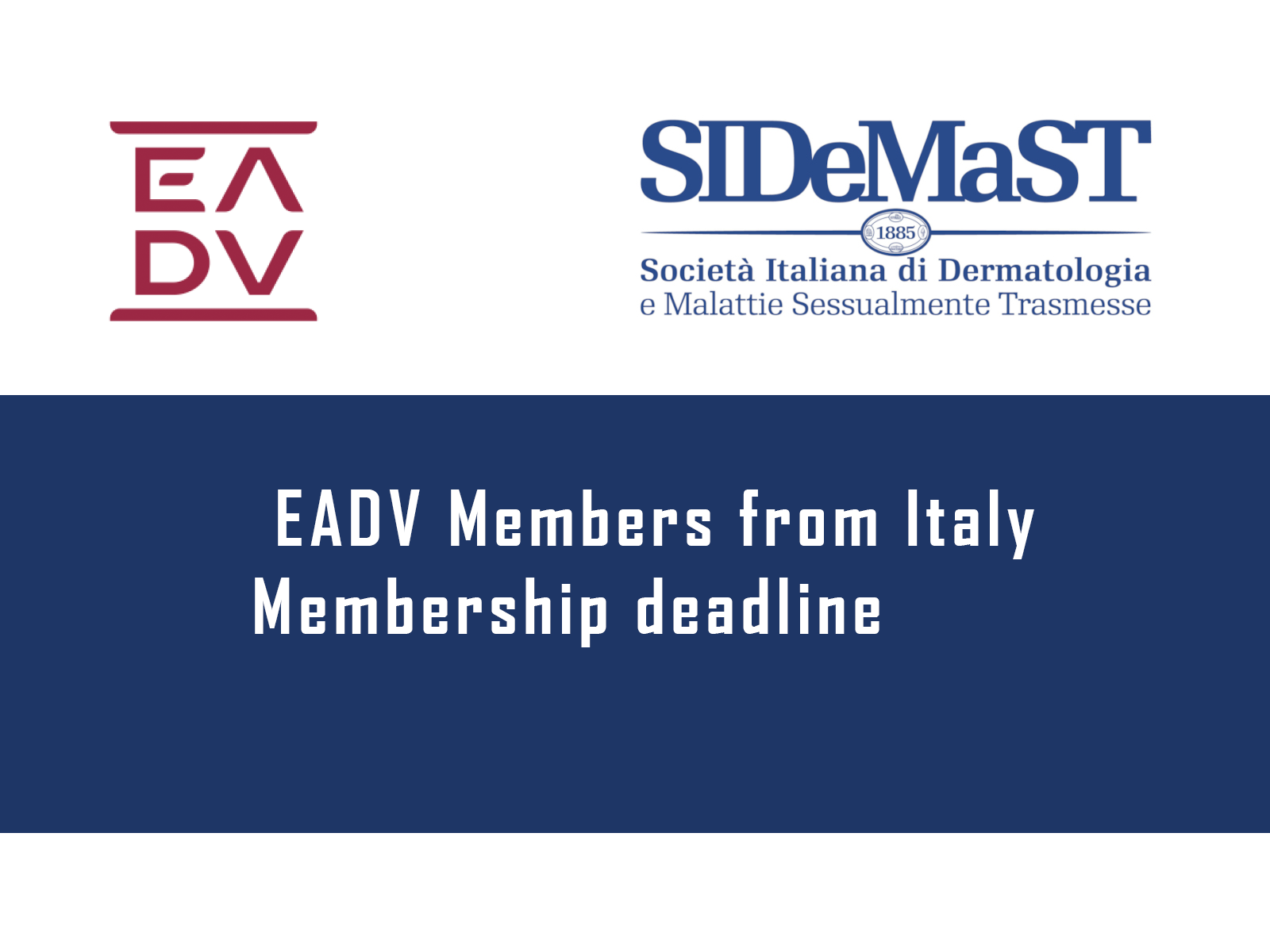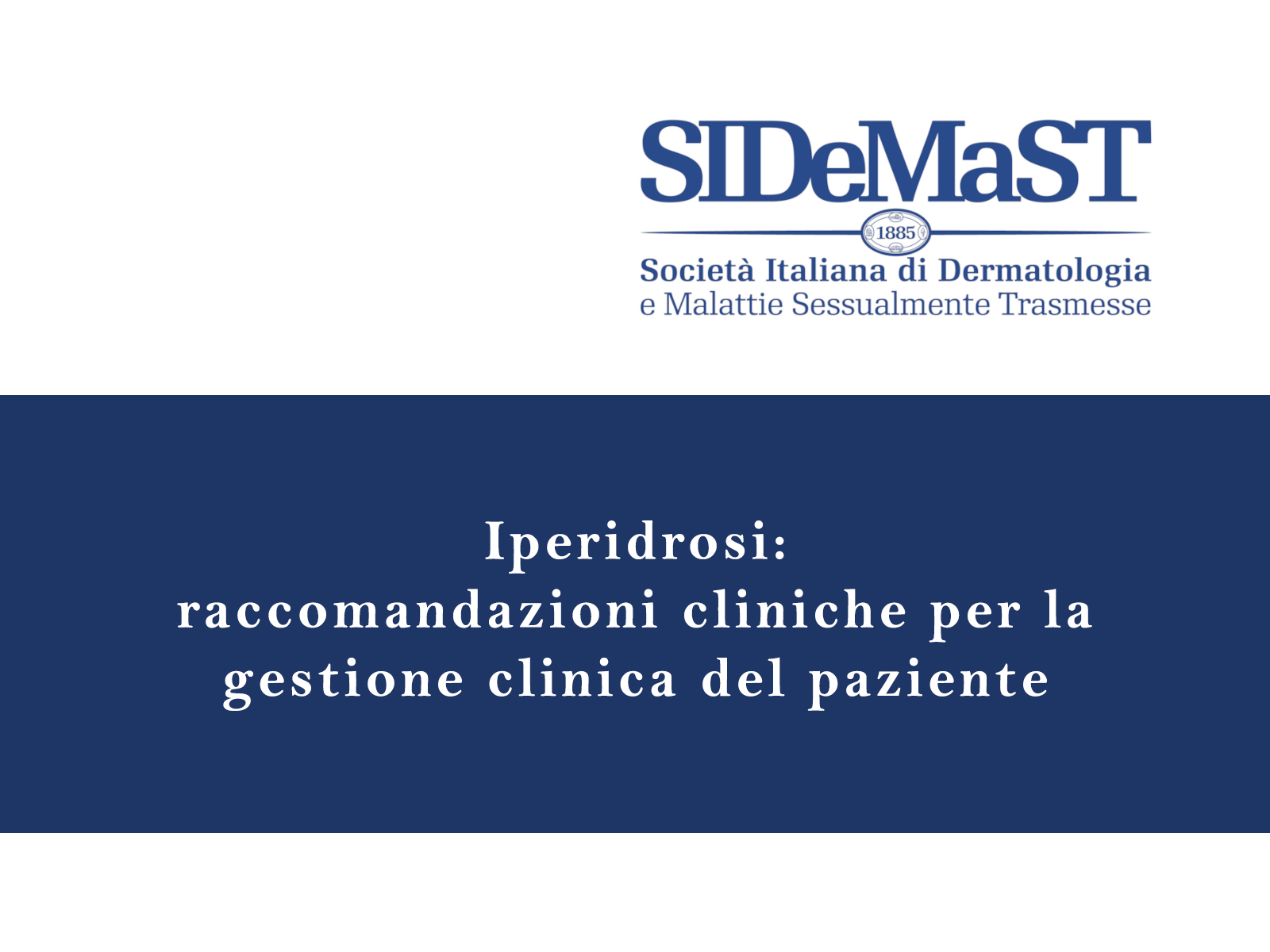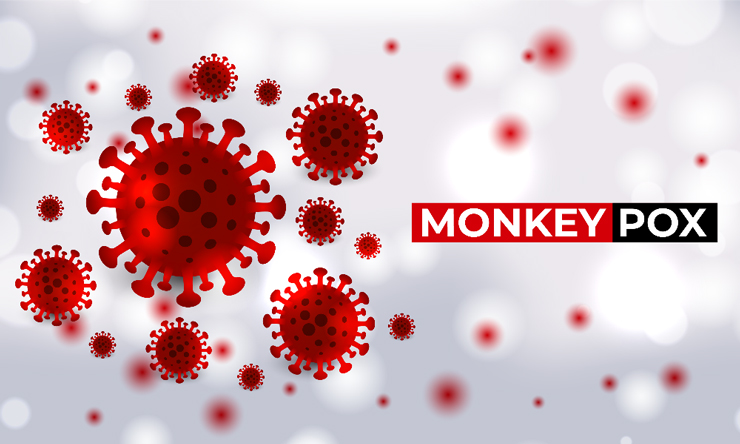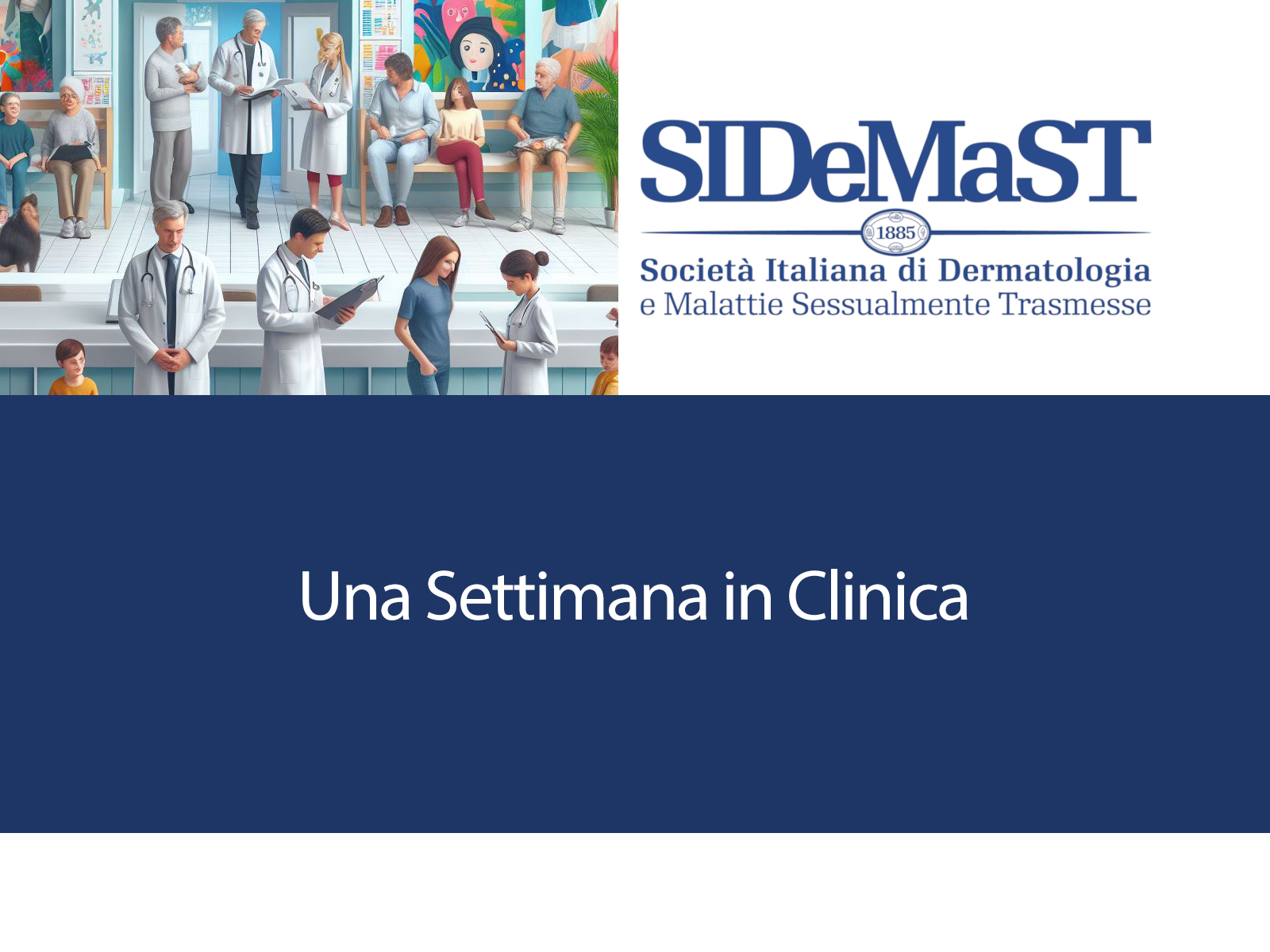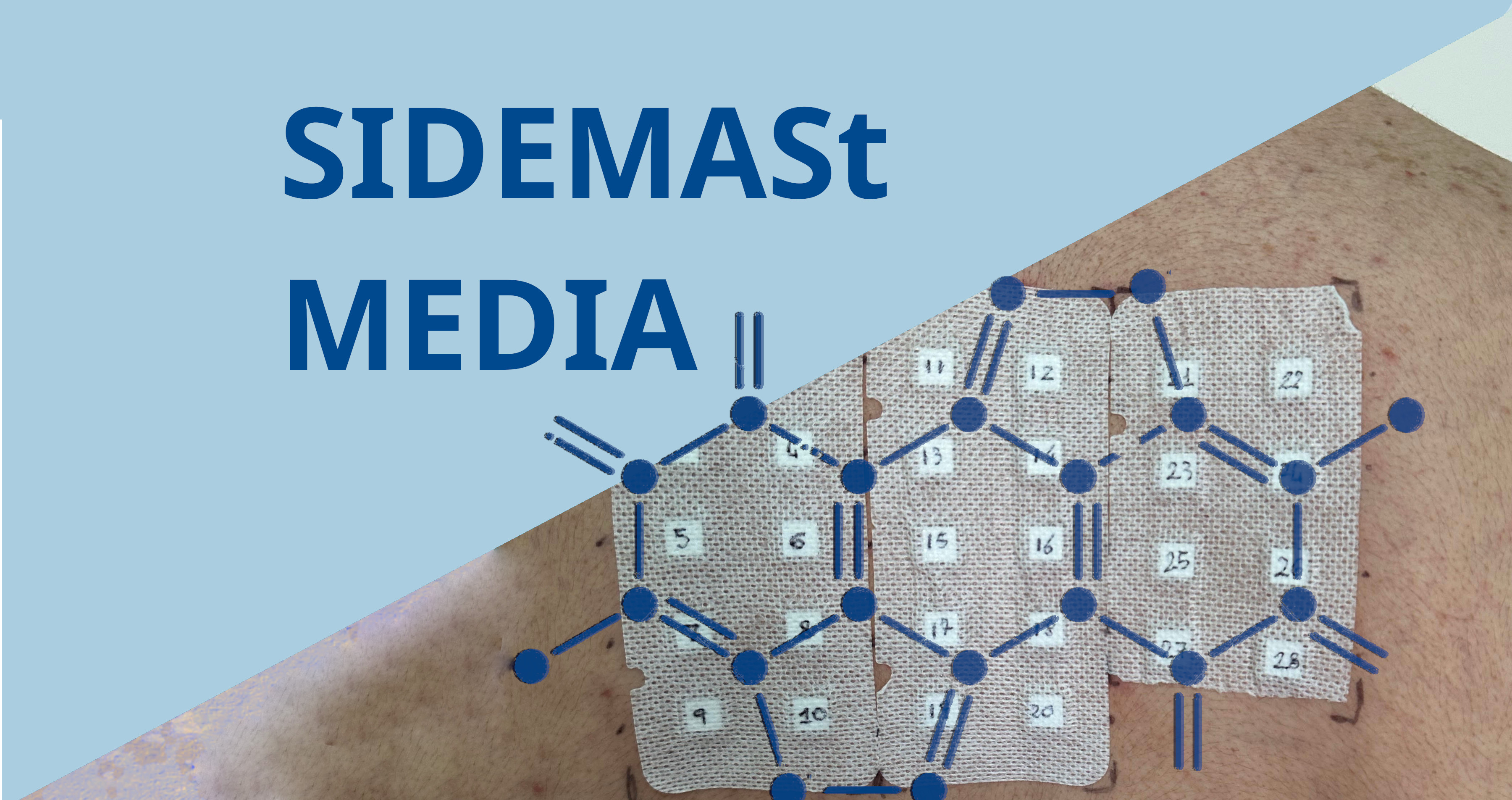Anabasum (also known as JBT-101) appears to be an effective treatment for adult patients with refractory skin-predominant dermatomyositis (DM) and has a favourable safety profile, researchers reported here at the 2017 Annual Meeting of the American College of Rheumatology/Association of Rheumatology Health Professionals (ACR/ARHP).
Victoria P. Werth, MD, University of Pennsylvania Perelman School of Medicine, Philadelphia, Pennsylvania, and colleagues tested the use of anabasum in 22 patients with confirmed DM by Peters and Bohan or Sontheimer criteria and a Cutaneous Dermatomyositis Disease Area and Severity Index (CDASI) activity score >= 14.
All patients had minimal active muscle involvement and had failed or were unable to tolerate hydroxychloroquine and stable DM medications including immunosuppressants.
Anabasum is a novel synthetic oral endocannabinoid-mimetic drug designed to resolve chronic inflammation and fibrotic processes.
Study participants received 2 escalating doses of anabasum (20 mg QD for 4 weeks, then 20mg BID for 8 weeks) or placebo for 12 weeks and were then followed while off their assigned treatment for another 4 weeks.
The primary outcome was the number of participants with treatment-emergent adverse events as a measure of safety and tolerability for the 112-day treatment and follow-up period and the change in Cutaneous Dermatomyositis Disease Area and Severity Index (CDASI) from baseline at 84 days.
There have been no serious or severe adverse events related to anabasum in the study participants to date. Tolerability of anabasum was excellent with no premature study withdrawals.
Anabasum-treated patients had more mild adverse events (AEs) than placebo-treated patients (29 vs 19) and fewer moderate AEs (4 vs7). The most common AEs were diarrhoea, light-headedness, fatigue, and dry mouth.
The anabasum cohort had "medically meaningful" improvement in CDASI activity scores (>=5-point reduction) at all visits after 4 weeks and reaching -9.3, compared with -3.7 points for placebo at the end of study.
Anabasum was also associated with improvements on multiple secondary outcomes that included Global Disease and Skin Assessments as well as assessments of symptoms, quality of life, and function.
Funding for this study was provided by Corbus Pharmaceuticals.
[Presentation title: A Phase 2 Study of Safety and Efficacy of Anabasum (JBT-101), a Cannabinoid Receptor Type 2 Agonist, in Refractory Skin-Predominant Dermatomyositis. Abstract 7L]


